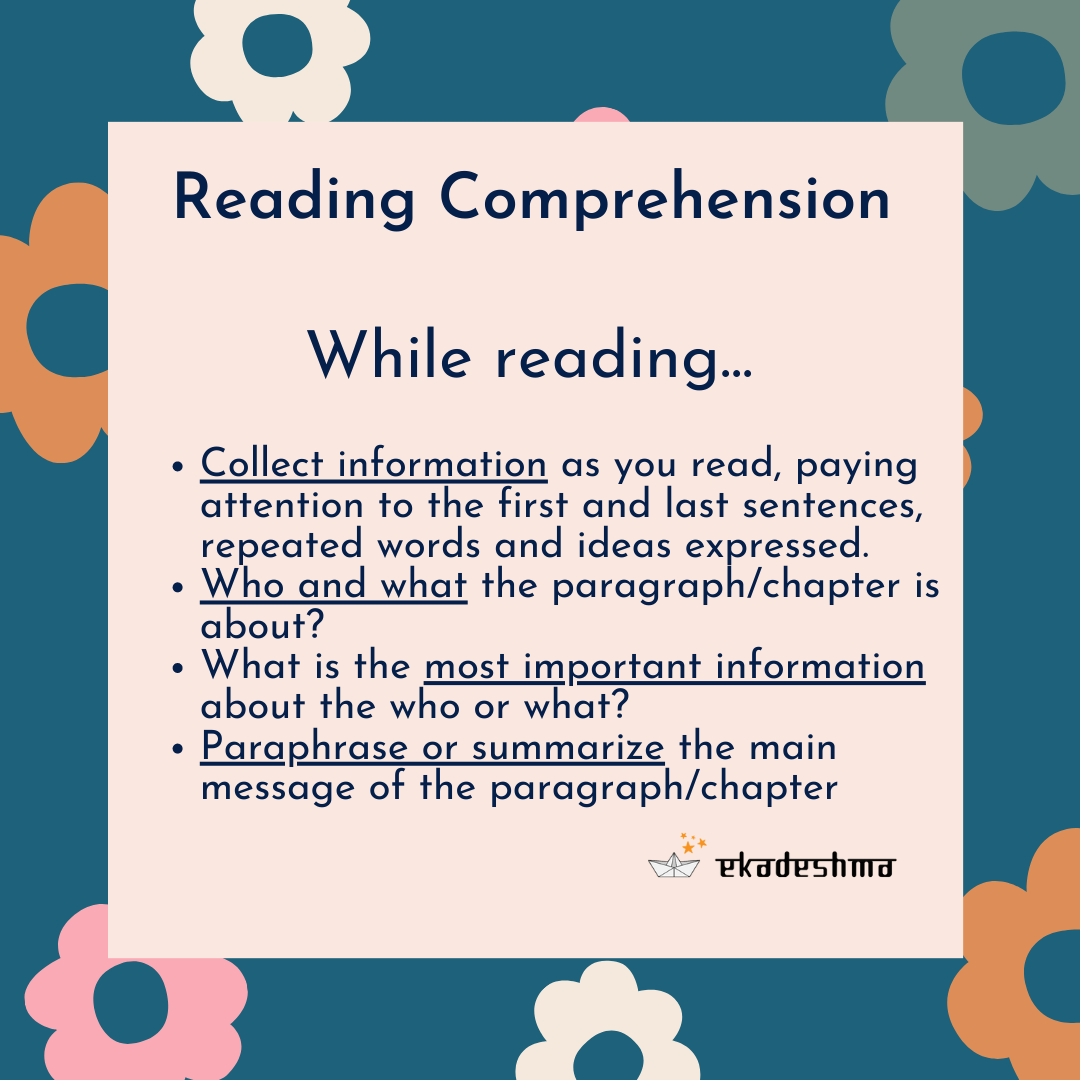Reading comprehension is a crucial skill that allows individuals to understand, interpret, and analyze written text. It goes beyond simply reading the words on a page; it involves making sense of the information presented and being able to draw conclusions from it. Strong reading comprehension skills are essential for success in school, work, and everyday life.
When someone has good reading comprehension skills, they are able to engage with a variety of texts, from novels and articles to technical manuals and reports. They can identify main ideas, make inferences, and evaluate the author’s argument or perspective. This ability to critically think about what they are reading is what sets strong readers apart.
What is Reading Comprehension?
Reading comprehension is the ability to understand and interpret written text. It involves not only decoding the words on the page but also making connections between ideas, synthesizing information, and drawing conclusions. It is an active process that requires readers to engage with the text, think critically, and reflect on what they have read.
One key aspect of reading comprehension is being able to identify main ideas and supporting details. This involves understanding the central themes of a text and recognizing the evidence that the author uses to support their arguments. By honing this skill, readers can better grasp the overall meaning and purpose of a piece of writing.
Another important component of reading comprehension is making inferences. This involves using clues within the text to draw conclusions that are not explicitly stated. By making inferences, readers can deepen their understanding of the text and uncover underlying themes or messages that may not be immediately apparent.
Furthermore, effective readers are able to evaluate the credibility and reliability of the information presented in a text. They can assess the author’s perspective, consider alternative viewpoints, and determine whether the evidence provided supports the author’s claims. This critical thinking skill is essential for navigating the vast amount of information we encounter on a daily basis.
In conclusion, reading comprehension is a vital skill that allows individuals to make sense of the world around them through written text. By developing strong reading comprehension skills, individuals can enhance their ability to learn, communicate, and think critically. It is a skill that is essential for success in both academic and professional settings.
